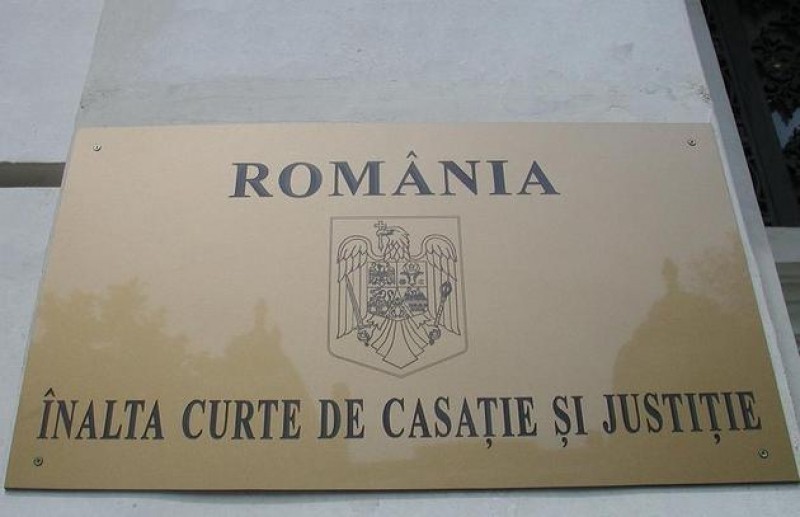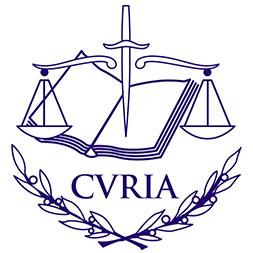In a definitive ruling, the Romanian national court has meticulously outlined the boundaries of administrative authority within European Union (EU) civilian missions, offering significant clarity on the legal status of decisions made by mission heads. This judgment originates from a contentious issue regarding the administrative character of a specific decision issued by the leader of an EU civilian mission, emphasizing the intricate relationship between Romanian law and the operational structures of international missions. By scrutinizing the legal capacities of these entities and their executive actions against the backdrop of administrative law, the court’s verdict illuminates the complex domain of administrative jurisdiction amidst multinational collaboration and governance mechanisms. This crucial judgment, rendered by a Romanian court, not only unravels the legal intricacies associated with the administrative acts within EU missions but also establishes a critical precedent for interpreting such acts in the realm of international law, firmly rooted in the national legal context of Romania.
In the context of a legal dispute arising from an act issued by the head of a European Union (EU) civilian mission, the central question pertains to the administrative nature of the act. Specifically, the issue revolves around a communication made to a seconded individual concerning medical leave compensation, which was challenged for not being deemed an administrative act within the framework of administrative contentious law.
The appeal court, in its judgment, affirmed the position that the EU civilian mission, lacking legal personality and not constituting an EU body or institution, does not possess the legal capacity to be considered a public authority in the sense of specific legal provisions. Consequently, the act issued by the mission head could not be classified as an administrative act under administrative contentious law.
The appellant, challenging the appeal court’s decision, argued the necessity of evaluating the legality of the mission head’s actions in light of an Operational Plan adopted by the EU Council, which he contended should be considered binding law within the context of Romanian law concerning the mission. The appellant posited that the decision titled “Several Requests” was an administrative act issued under the authority transferred by the Romanian state, pursuant to the Operational Plan.
The respondents, including various EU entities and individuals involved in the mission, countered by asserting that the challenged act does not meet the criteria for being considered an administrative act, neither in terms of the issuer’s status nor its purpose or effects.
Upon review, the High Court found the appeal to be without merit. It concurred with the lower court’s determination that the decision in question does not qualify as an administrative act as it was not issued by a public authority exercising public power. This decision aligns with the legal definition of an administrative act, which is characterized as a unilateral act, either individual or normative, issued by a public authority in the exercise of public power, effectuating, modifying, or extinguishing legal relations.
The High Court emphasized that the EU civilian mission operates within a specific framework that does not grant it the administrative legal capacity akin to a public authority, as outlined in relevant legislation. The State of Romania only transferred operational control within the operational theatre while retaining all other prerogatives regarding the seconded personnel.
Therefore, in adherence to pertinent legal provisions, the appeal was dismissed as unfounded, reinforcing the principle that not all acts issued within the context of EU civilian missions can be automatically classified as administrative acts subject to review under administrative contentious law.
Source:
Romanian High Court of Cassation and Justice – Decision No. 84 of January 22, 2016


